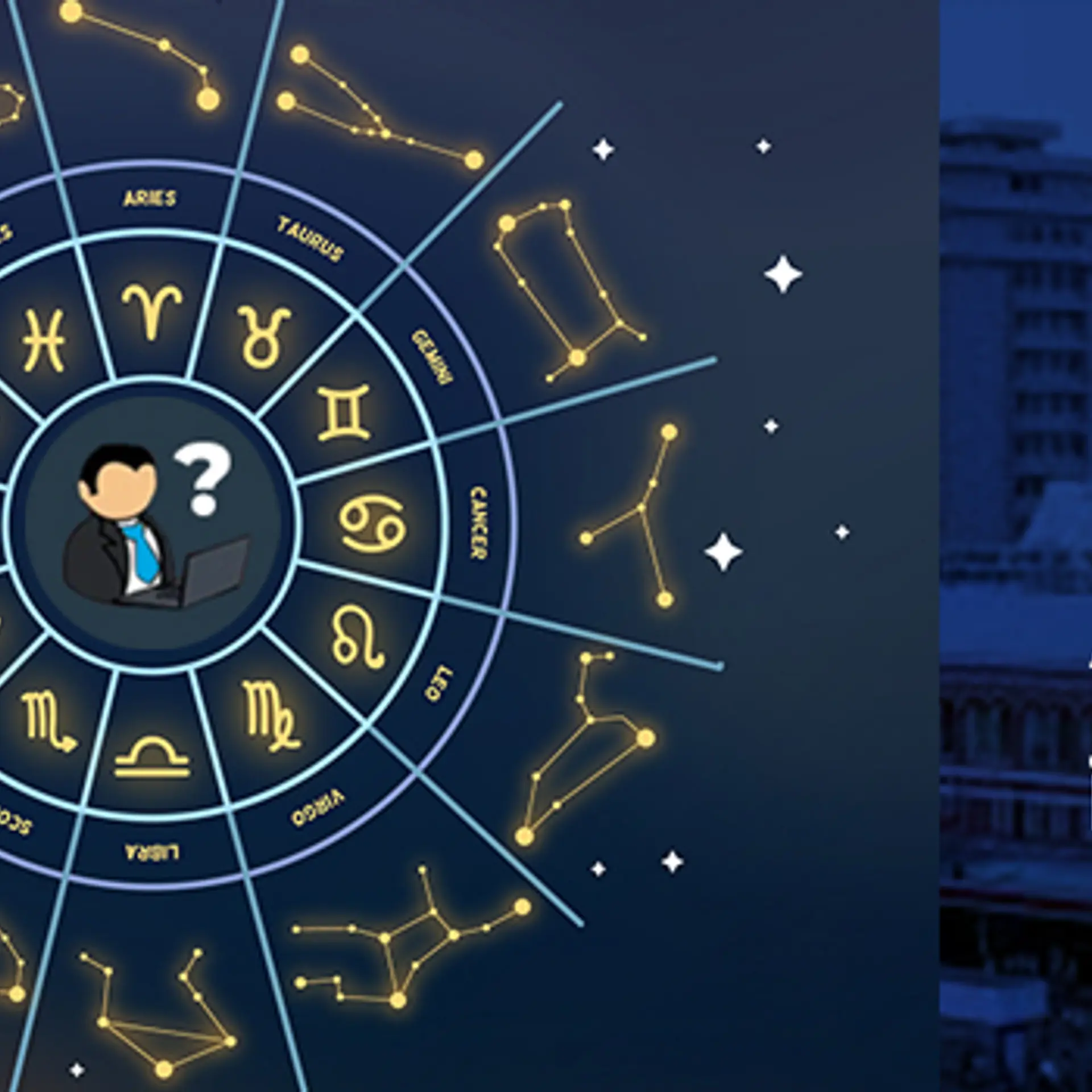

The economies of 'stale' ?
How the economies of scale crushed our lives leading to the rise of sharing economy
While having a biryani with my family in a reputed hotel, I asked my wife “This Biryani is nothing before the one you cook .How much it costs to make a similar portion at home. With a smile she replied, it would be around RS 70 to 80 for a similar portion. When I gazed the bill which read RS 280 per biryani, I wondered when I could get a delicious biryani made at home for RS 80 , what am I paying for ? Well it’s ok for a Dine-out in which case the cost includes the product, ambience and the service, but what about those who needs just the biryani and couldn’t cook themselves?
That night, I was obsessed with the same thinking
What about those who are away from home for work or study and have no time to cook or not good at cooking? My Mother, Grandma and every other homemaker is a great Cook and there are millions all over the country. On the other side, a huge crowd is craving for a good home cooked food. Apart from food , there are immense skills and assets every household possess but are they utilized to its fullest capacity?
How helpful would it be for both the crowds if we could connect them with a digital platform? People can earn easy money by sharing excess their capacity and skills to the those who need them .
In the morning, when I was driving to work I couldn’t take this thought away throughout my 90 minute drive .

Sharing Food, Assets and Skills within neighborhood creates a sustainable community and efficient use of resources
We were all entrepreneurs from the beginning. We built our own houses, made our own food and exchanged with our neighbors for something else and there were Smiths, Millers , Tailors, Shoemakers as we called them by profession. We lived a self -sustained life .Then came the Corporates and Institutions who started producing goods and services for the mass market . The muscle of economies-of-scale crushed the livelihood of Smiths and Millers who had no other choice than to go work for the Corporates which gave rise to the capitalistic economy. The trust between individuals slowly started to shift towards brands.
Eventually we stopped producing our own essential things that we used to make ourselves for years and the more we shifted towards institutions , the more it forced us to rely on it for a living , from housekeeping to drinking water.
The economies of scale created two major problems that weren't existed before.
In General, the Food and Food products have a very little shelf life and if it is sold in its fresh raw form , it cannot last for a week . But a week's time is not enough to cascade the products along the complex supply chain before it reaches the end consumer. Hence the products have to be conditioned, refined, bleached, added preservatives in-order to increase its shelf life which will wipe away most of its vitality .
Another biggest problem is the imbalance it created in the supply of goods and services . The rapidly growing affordable class consumes more than what is needed . What is perceived as luxury earlier became a necessity . It is not uncommon to see 2 car families and a house with TV in every room . Not to mention on the environmental damage created by these mass production houses.
The never ending war between brands made goods cheaper and they pumped more versions of the product making people to buy more . This explains why people are queing up to upgrade their smart phone when their old one is hardly less than a year old.
Over the years , the value of un-utilized resources have accumulated to almost a third of the GDP of any country. According to a recent report by UNEP about one-third of all food produced worldwide, worth around US$1 trillion are wasted. People own valuable assets that are used <12% in its lifetime. Every household has immense expertise and skills more than 50% under-utilized.
The need for buying more creating a need for earning more and this made people look at leveraging their own un-utilized resources . The rise of social media and interactive technologies enables people to share their skills and capabilities on demand to others . The trust on brands is shifting back towards people. The term popularly known as "Sharing Economy" or "Collaborative Consumption" is changing the way people consume things. This is a move towards a more positive direction enabling sustainable consumption and efficient use of resources.
The sharing revolution has just started, creating unicorns like AirBnB in stay sharing, Uber in ride sharing and emerging players like watscooking.com in neighborhood food and skill sharing. These platforms are not service providers themselves but facilitators enabling people to connect, share and transact creating an ecosystem of micro-entrepreneurs. The market is currently valued at $47 Billion and it is expected to grow as $335 Billion by 2025.
About Watscooking
Watscooking.com is an innovative Sharing Economy platform that enables people to share their skills, capabilities and resources among each other .A digital platform that channelizes un-utilized resources back in to the consumption pipeline enabling sustainable consumption creating Micro-entrepreneurs, Economic empowerment,Symbiotic Societies, Smart Cities.






